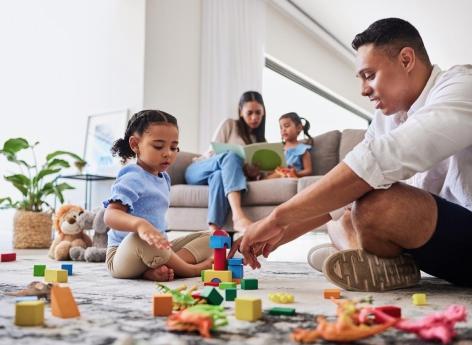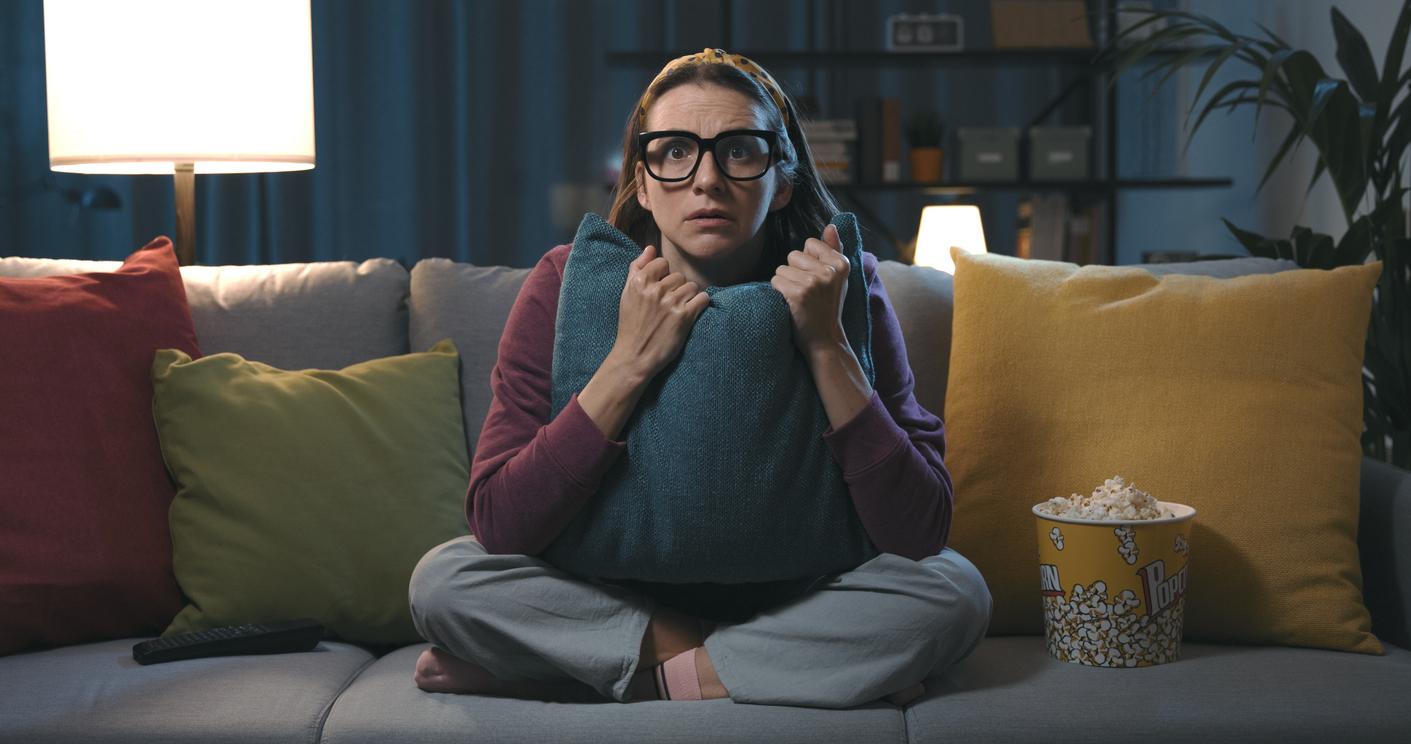Little Americans spend more than eight hours a day in front of screens. The American Academy of Pediatrics recommends that parents establish a real usage plan.

“Smartphones, computers, digital tablets, not to mention television… children and teenagers are faced with a media tsunami,” Professor Victor Strasburger has just denounced on behalf of the American Pediatric Society (AAP). It is important that parents become aware of this ”.
Comments confirmed by a recent survey by a consumer association: a majority of young Americans, between 8 and 10 years old, spend nearly eight hours a day using these different media. 71% of children have a television in their room and 50% a game console.
The right rules of use
“Children spend more time in front of these media than in school, they took first place in front of parents and teachers,” said the pediatrician and researcher at the University of New Mexico, who recommends that parents establish a real usage plan of all those screens at home.
“The plan must not only define rules of quantity but also rules of qualitative use”, specify the American pediatricians. First recommendations for parents: ban screens from the bedroom, prevent children under the age of two from being confronted with screens, introduce real “curfews” at mealtimes and ensure that the daily duration is spent in front of the screens does not exceed two hours a day …
A sweeter diet
The objective of this “media diet” is to fight against the harmful effects of intensive use. Researchers found a 7% decrease in classroom interest and 6% decrease in math skills in children at age 10 when they spent more than two hours a day in their infancy. in front of a non-interactive screen.
Excessive use of television, the Internet and video games has also been linked, in children, to a greater consumption of sugary foods, an increase in obesity and various somatic consequences such as high blood pressure or diabetes.
Establishing a “usage plan” also makes it possible to give back a place to parents so that they accompany their children in front of the screens, discuss with them television programs or video games The idea is to create a link with them about social networks such as Facebook, Instagram or Twitter.
Through this measure, American pediatricians do not want to cast anathema on the screens. On the contrary, they remind us that these new media participate in the cognitive development of the child.
Make wise use
An approach that is also shared by specialists in France. Last January, the‘Academy of Sciences also recommended a reasoned and self-regulated use of screens for young people. “The omnipresence of screens (televisions, videos, computers, mobile phones and smartphones, digital touch tablets, etc.) causes profound cultural, cognitive and psychological upheavals”, wrote Professors Jean-François Bach, Olivier Houdé, Serge Tisseron, and Pierre Léna. For the 4 authors of this opinion entitled “The child and the screens”, no question of condemning the place now taken by these screens in our daily life, on the contrary, “a crossbreeding between the traditional culture of the book and the most recent culture of screens is possible, amplifying the virtues of both ”.
Listen to Dr Serge Tisseron, psychiatrist and co-author of the opinion of the Academy of Sciences: ” The screens certainly potentiate all that the human being has of worst but also what he has of best! “
Encourage the ability to tell
From the age of 3, the French Academicians advise against “passive and prolonged exposure of children to television”, instead advocating “the constitution of a family video library which replaces poor quality programs while escaping publicity” . In addition, the child should be invited to talk about what he has seen on television to develop his ability to tell.
The period that can pose the most difficulties for this self-regulated use of screens is obviously adolescence. Academicians have also qualified their recommendations. If “establishing clear rules on internet and gaming times is essential”, talking with your teenager about what he sees and does on screens through video games and social networks is a source of “mutual discovery. between generations ”and the opportunity to help them develop their critical sense and their capacities for synthesis and perspective. It remains to be seen if the teenager is ready to accept his parents as a “friend” on Facebook, or conversely if the parents want to play a game of Grand Theft Auto 5 …
.

















